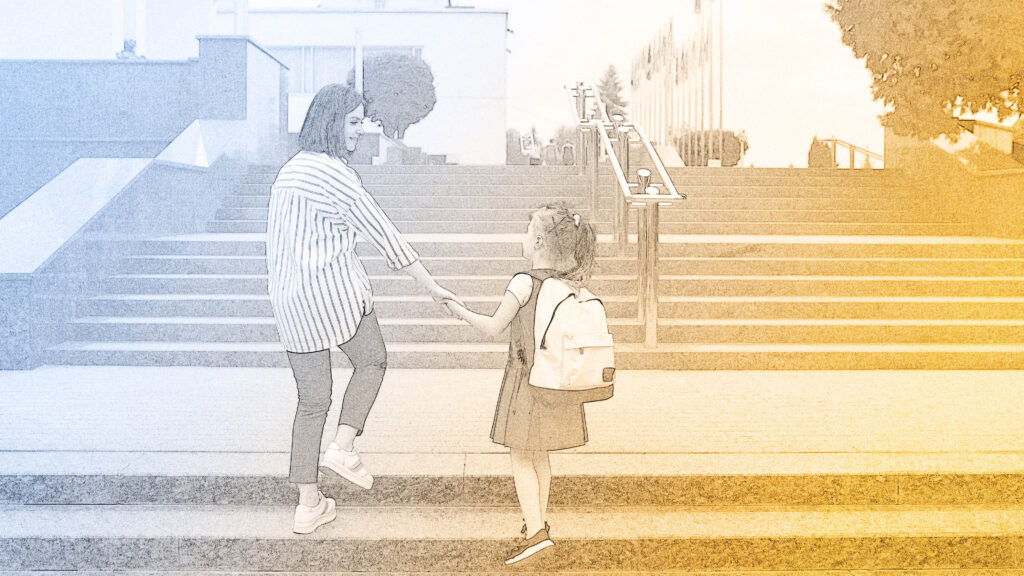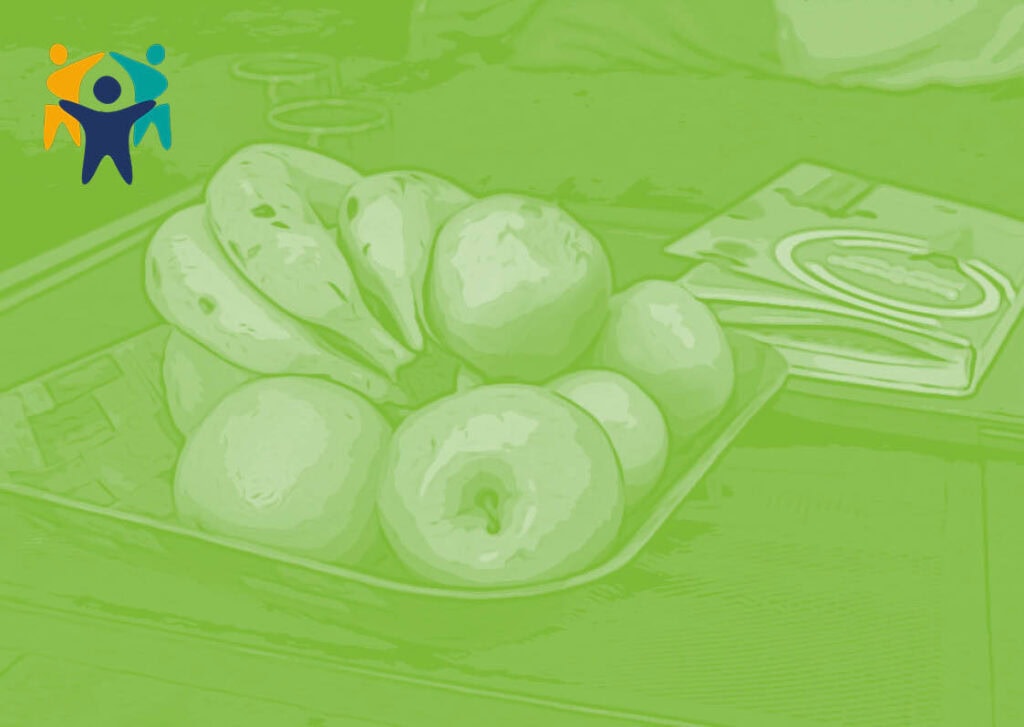Empowering Education: inspiring lessons from the Brookings Symposium

Table of Contents
Introduction to the Global Symposium on Family, School, and Community Engagement
The Brookings Institution has organised a 2-day event in Washington D.C. on 4-5 June, the Global Symposium on Family, School, and Community Engagement: Building Stronger Partnerships. The event provided a possibility to present and discuss Brookings’ new, research-based publication “Six Global Lessons on how family, school, and community engagement can transform education”, and also for organisations that have worked on the research and that generally work for the involvement of parents and families- mostly with a very strong school-focus rather than parent-focus.
Parents International’s Contribution and Insights
Parents International was a major contributor to the publication doing the research in 3 of the 16 countries researched, and two of the three involved research team members were present at the symposium. Both the publication and the presentations at the event made it clear that there is still a very long way to go until all parents will have the possibility to be properly engaged with their children’s school and to be seen and treated as equal partners by school professionals.
Research Objectives and Methodologies in Education
The main aim of the research was to understand what makes parents, teachers, school leaders and the students themselves satisfied with school provisions, what they think the other groups prioritise, and how much they are satisfied with what schools offer. Another aspect of the research was to explore the opportunities and barriers in equal partnerships of the main educators of children, their parents/families and professional educators. The research was conducted in 16 countries using different research methodologies and tools. Parents International carried the research out in three countries: Hungary, Kazakhstan and the Netherlands, using the same tools with very little modifications trying to accommodate the realities of school systems.
Mapping Beliefs and Contributions in Education
We have explored and mapped beliefs about education in the process of determining what needs to change in a system. Mapping beliefs and making families contributions to education systems visible is another thread throughout this research.
Discrepancies in Educational Expectations
The research measured how important the different actors consider the following four main goals of education: gaining academic/subject knowledge, preparation for the labour market, social-emotional learning, and citizenship education. There is a clear mismatch not only between these expectations and curricula, but also what teachers think about parental expectations. At the same time, in all 16 countries teachers have perceived parents as un-interested in the schooling of their children while not a single parent or student indicated the lack of interest on the parents’ side.
Impact and Follow-up Initiatives in Education
The Parents International team has made some really promising new contacts that we’ve been following up since. Apart from the potential to further widen our membership, we also have a possibility to support further trauma-informed education methods’ being implemented – a key issue in education today.






